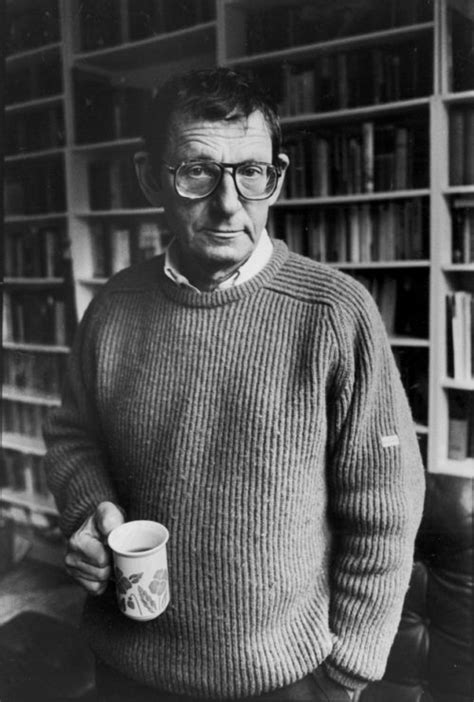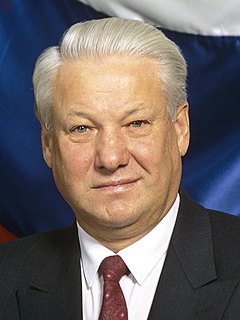A Quote by James Madison
I have ever regarded the freedom of religious opinions and worship as equally belonging to every sect.
Related Quotes
I have received your letter of the 6th, with the eloquent discourse delivered at the consecration of the Jewish Synagogue. Having ever regarded the freedom of religious opinions and worship as equally belonging to every sect, and the secure enjoyment of it as the best human provision for bringing all either into the same way of thinking, or into that mutual charity which is the only substitute, I observe with pleasure the view you give of the spirit in which your sect partake of the blessings offered by our Government and laws.
The policy of the emperors and the senate, as far as it concerned religion, was happily seconded by the reflections of the enlightened, and by the habits of the superstitious, part of their subjects. The various modes of worship, which prevailed in the Roman world, were all considered by the people, as equally true; by the philosopher, as equally false; and by the magistrate, as equally useful. And thus toleration produced not only mutual indulgence, but even religious concord.
Your sect [the Jews] by its sufferings has furnished a remarkable proof of the universal point of religious insolence, inherent in every sect, disclaimed by all while feeble and practised by all when in power. Our laws have applied the only antidote to this vice, protecting our religions, as they do our civil rights, by putting all on equal footing. But more remains to be done.
In Jerusalem, the various modes of worship essentially stood for the same cause but were equally hateful to one another. They never served as a unifying factor. Their adherents were equally manipulated by the clergies to regard the others as wicked infidels or idolaters. The centuries passed in constant pious agitation and in frequent religious wars.
Almighty God hath created the mind free. All attempts to influence it by temporal punishments or burthens...are a departure from the plan of the holy Author of our religion...No man shall be compelled to frequent or support religious worship or ministry or shall otherwise suffer on account of his religious opinions or belief, but all men shall be free to profess and by argument to maintain, their opinions in matters of religion. I know but one code of morality for men whether acting singly or collectively.
I think religious freedom is part of the U.S.'s policy and Congress mandated the creation of the U.S. Commission on International Religious Freedom. So it is important that the U.S. focus in dialogue, development projects, cooperation with Pakistan and other countries to give more importance to religious freedom issues.




























